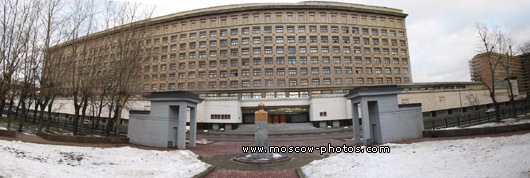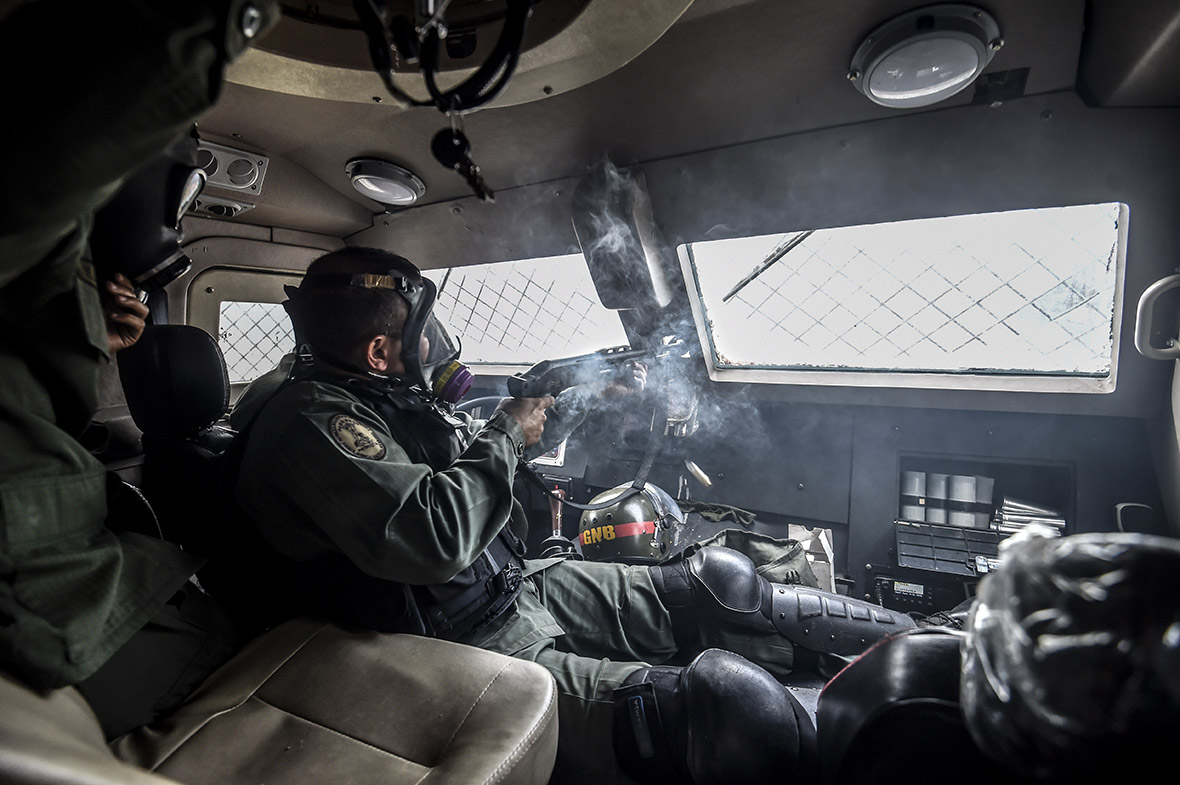So…surely President Trump knew who Hezbollah was and their history right? Oh..perhaps Hariri brought it up in the conversation that the ordnance for the next major battle against Israel has 150,000 missiles under ground in Lebanon, right?
Okay, how about how Iran and Hezbollah are one in the same in Lebanon..surely this was covered in that meeting….uh?
Did President Trump ask Prime Minister Hariri about what he knew regarding Iran’s missile launch and that satellite that failed? Did he ask Hariri why Iran needed a space program?
Anything? Well yes, Hariri asked the President Trump for money to control Hezbollah. The whole country is controlled by Hezbollah…what the heck?

Alright, more facts here.
Iran’s space program has emerged from a three-year dormancy initiated by Rouhani but probably issuing from technical and budgetary constraints as well. Further launches can be expected in the near future, likely renewing concerns over the nature of Iran’s missile and SLV programs. The scenario is especially worrisome when considering assessments that a ballistic-missile derivative of the Simorgh could potentially achieve intercontinental range. Iran insists its inherently military-run space program is for peaceful purposes only and that its ballistic missiles are for conventional deterrence at a range no greater than 2,000 kilometers. Such rhetoric and Iran’s technical limitations notwithstanding, the mere possibility of diverted know-how from an SLV to an ICBM program will unsettle many Western capitals. Previous close cooperation between Tehran and Pyongyang will provide no further solace. Detailed summary here.
Then we have those pesky missiles that seem to get ignored until the WSJ posted a chilling summary:
In a rare moment of disagreement between Benjamin Netanyahu and Donald Trump, Israel’s prime minister last month rejected a U.S.-Russia cease-fire agreement that he said could cement the buildup of Hezbollah and Iranian forces along Israel’s border with Syria.
Mr. Netanyahu has good reason to be concerned. Israel’s head of military intelligence, Maj. Gen. Herzl Halevi, confirmed in June a Kuwaiti newspaper report that largely went unnoticed: Iran’s Islamic Revolutionary Guard Corps, in cooperation with Hezbollah, has been constructing missile-production facilities in Lebanon.
Buried more than 50 meters below ground and protected from aerial attack, these facilities could produce highly sophisticated rockets with ranges of more than 300 miles and equipped with advanced guidance systems.
Israeli officials now say that pre-emptive strikes may be necessary to destroy these missile capabilities before they’re operational. The result could be a bloody war that would see thousands of Hezbollah missiles hurled into Israeli airspace, with punishing Israeli reprisals and hundreds—if not thousands—of civilian deaths on both sides. It would be more chaos for Washington policy makers scrambling to manage a region already in flames.
Iran has long transferred missiles by ground and air through Syria to Hezbollah in Lebanon. In recent years, Israel repeatedly struck these transfers of what their officials call “game-changing” weaponry—weapons that could challenge Israel’s military superiority and pose severe threats to its civilians.
Despite significant success against many of these transfers, Hezbollah’s inventory has expanded to more than 150,000 missiles today from an estimated 50,000 missiles at the beginning of the second Lebanon War in 2006. And while many of these projectiles are crude, an increasing number are highly accurate, capable of delivering a massive payload to anywhere in Israel.
Israel, of course, has advanced short-, medium- and long-range missile defenses: the Iron Dome, David’s Sling and Arrow systems. But Iran and Hezbollah are now seeking an arsenal that can overwhelm these systems. More of the story here.
***
A top North Korean politician recently left Pyongyang for a 10-day trip to Iran, a country that may still be cooperating militarily with the Kim Jong Un regime.
Workers’ Party newspaper Rodong Sinmun reported Tuesday chairman of the Presidium of the Supreme Assembly of North Korea Kim Yong Nam left Pyongyang on Monday to attend the inauguration ceremony for President Hassan Rouhani.
Lastly, the U.S. is detecting significant North Korean submarine activity. And from VANDENBERG AIR FORCE BASE, Calif. – The U.S. Air Force was preparing Tuesday to test an unarmed Minuteman 3 intercontinental ballistic missile with a launch from California, the fourth such test this year.
The 30th Space Wing says the missile was to be launched between 12:01 a.m. and 6:01 a.m. Wednesday from Vandenberg Air Force Base, about 130 miles (209 kilometers) northwest of Los Angeles.
An Air Force statement said the test would show the effectiveness, readiness, and accuracy of the weapon system.
Minuteman missiles are regularly tested with launches from Vandenberg that send unarmed re-entry vehicles 4,200 miles (6,800 kilometers) across the Pacific to a target area at Kwajalein Atoll.



 VIR
VIR SantiagoTimes
SantiagoTimes IBTimes
IBTimes


